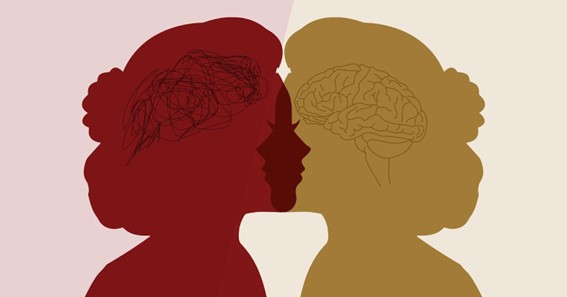Not all master’s degrees are created equal. Likely, you already recognize that master’s programs from different institutions could provide you with different benefits; more prestigious schools, for example, will make your master-level credentials more attractive to future employers. However, in some fields, you also need to pay attention to the emphasis of the master’s program to which you apply — are you pursuing a Master of Arts or a Master of Science?
In psychology, a master’s degree is essential for almost every type of clinical practice as well as many research positions. So, before you can begin your psychology career, you will need to earn a master’s degree in the field. This guide to M.A. and M.S. degrees will help you find the right path through education to your highly anticipated first role as a practicing psychologist.
Essential Difference Between M.A. and M.S.
The names help elucidate what the different degree programs offer prospective students: Master of Arts degrees place greater emphasis on studying arts, while Master of Science degrees focus on science. Yet, what constitutes “art” and “science” is not always obvious, especially in fields like psychology.
In Master of Arts degree programs, students are more likely to spend the majority of their time learning about the humanities, which tend to include the aspects of human society which help to define our species: literature, language, fine art, philosophy, history, law, religion, anthropology. Often, the dominant course style within Master of Arts programs is the seminar, in which students are strongly encouraged to engage in discussions over course materials. This allows for more subjective interpretations, which can provide greater insights into one’s own values and worldview.
In contrast, Master of Science degree programs tend to involve more technical studies of fields that require mathematical or methodological rigor. Popular subjects that receive Master of Science degrees include engineering, economics, computer science and biochemistry. While there might be some seminar courses available to Master of Science students, most will primarily engage in lecture courses — in which an instructor speaks while the class listens and takes notes — as well as lab courses, where students are provided opportunities for hands-on learning and skill development. Finally, Master of Science programs typically include a thesis requirement, in which students must conduct their own research and defend their conclusions to a board of subject experts.
Specific Differences in Psychology Field
Psychology is absolutely a science — it is the science of the human mind and behavior. Yet, the study of psychology is much less technical than other scientific fields; it requires emotional intelligence and subjective insights, much in the way many studies of humanities do. Universities tend to be divided over whether to offer a master’s in psychology as an M.A. or an M.S. — and ultimately, in psychology, there is not quite as stark a difference between the arts and sciences degree programs as there might be in other fields.
While most psychology employers demand a master’s program, few will bend over backwards to determine whether their job candidate has an arts or science degree. Much more impactful than the letter following the M for psychology master’s programs is the curriculum offered by the school. Prospective students can usually find the entire course catalog for psychology master’s programs listed online; by reviewing the required courses for a specific program, students can determine whether that program focuses more on theoretical or technical knowledge and skills. Then, they can select the program that best fulfills their needs and interests.
This process is easiest for online master’s in psychology programs, which strive for complete transparency with their student body. Plus, with online education, students gain flexibility and convenience, so they can complete their degree in their own time.
What This Means for Your Career
Whether you enroll in a Master of Arts or Master of Science program will have less impact on your career as a psychologist than how you choose to fill your time as a student. If you crave career success, you should focus on attaining the knowledge and skills you will need in your future psychologist role, and you should work toward making connections with peers and professionals who might aid you throughout your career.
Knowing the difference between a Master of Arts degree and a Master of Science degree can be beneficial, even in a liminal field like psychology. As you explore your master’s degree options, you should keep this useful information in mind.







